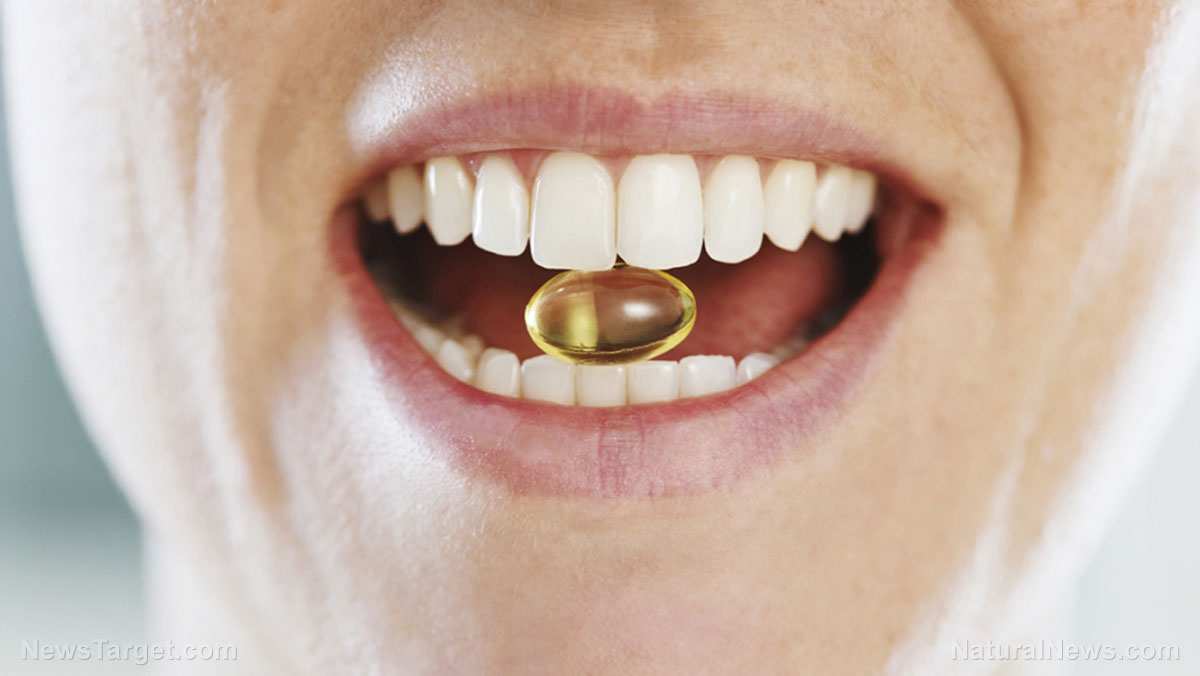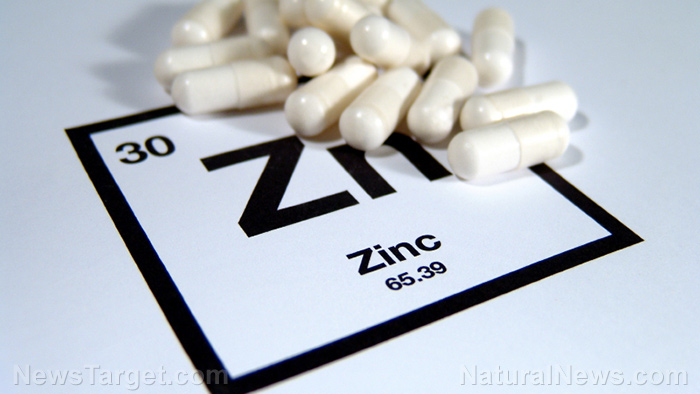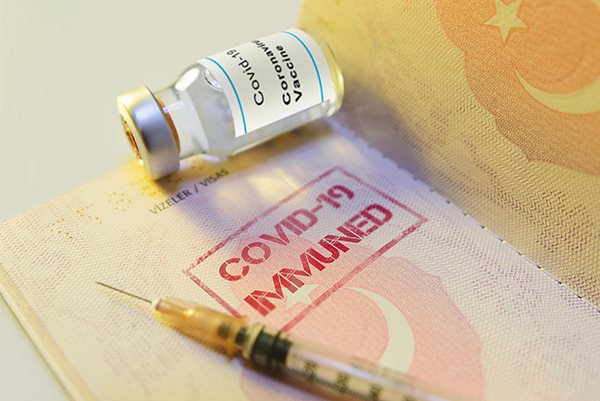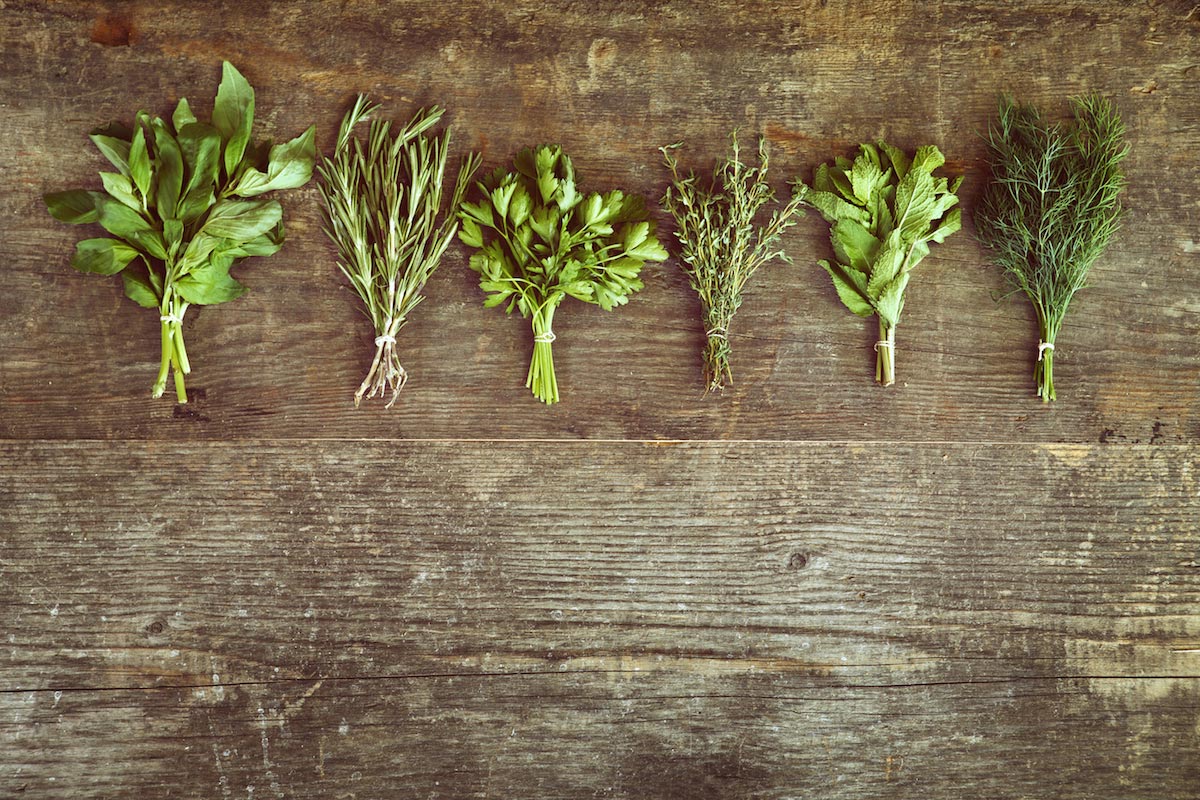Boosting your quercetin intake found to have heart-protective effects
01/18/2021 / By Virgilio Marin

Heart disease is a serious condition that can greatly reduce your quality of life. It can lead to cardiovascular events like stroke and heart attack that not only cause irreparable damage to survivors but also burden them with sky-high costs for emergency treatments like heart surgery.
Fortunately, quercetin offers people with heart disease a more affordable alternative. Found in several fruits and vegetables like apples, berries and onions, quercetin belongs to a group of phytonutrients called flavonoids. Many studies have shown that quercetin helps protect the heart through its potent antioxidant, anti-inflammatory and antihypertensive effects. Take a look at the following studies to learn more about quercetin’s health benefits.
Studies on quercetin’s heart-protective effects
In a recent study published in the Journal of the American Heart Association, researchers reported that taking quercetin supplements is an effective way to reduce blood pressure. After analyzing seven studies that looked into the effects of quercetin on blood pressure, they found that daily intake of the phytonutrient significantly reduced the blood pressure of participants. They also noted that the reductions were more pronounced in those who took quercetin at doses higher than 500 milligrams (mg) a day.
In a new study published in Nutrition Reviews, researchers found that quercetin can greatly reduce high blood pressure in heart disease patients. The researchers reviewed 17 studies that assessed the impact of quercetin on blood pressure and blood glucose levels. They found that quercetin intake decreased blood pressure levels and that participants who consumed quercetin for eight weeks or more experienced significant improvements in their high-density lipoprotein (HDL) cholesterol levels.
HDL cholesterol, also called “good” cholesterol, helps lower the risk of heart disease. It counters the adverse effects of high low-density lipoprotein (LDL) cholesterol levels, which can otherwise contribute to atherosclerosis or the buildup of plaques on the arterial walls.
In a 2016 study published in Scientific Reports, researchers reported that quercetin may protect against heart dysfunction caused by a posttraumatic heart injury. The researchers performed experiments on mice and found that quercetin significantly reduced posttraumatic cardiomyocyte apoptosis (programmed death of muscle heart cells), an event that contributes to secondary cardiac dysfunction post-injury.
The researchers performed another set of experiments to look into quercetin’s mechanism of action. They found that quercetin suppresses the release of inflammatory proteins, the overproduction of reactive oxygen species (ROS) that contribute to oxidative damage and the influx of calcium ions in heart muscle cells that could otherwise cause arrhythmia and cell death.
Based on these findings, the researchers concluded that taking quercetin is a promising preventive approach for the treatment of secondary cardiac injury after mechanical trauma. (Related: The importance of quercetin in muscle health.)
Other studies also suggest that quercetin improves blood vessel function, reduces blood clotting and promotes the production of nitric oxide, a known vasodilator (widens blood vessels). One study showed that quercetin helps remove cholesterol from arterial walls and protects against the inflammatory effects of a high-cholesterol diet.
How to boost your quercetin intake
To increase your quercetin intake, add the following foods and drinks to your daily diet:
- onions
- buckwheat
- broccoli
- kale
- grapes
- berries
- cherries
- apples
- citrus fruits
- tomatoes
- red wine
- black tea
Keep in mind that drinking red wine should be done in moderation as it can cause alcohol addiction. Too much alcohol can also damage your liver, so opt for healthier sources of quercetin like fresh fruits and vegetables.
Quercetin is also available as a supplement. Based on studies, the recommended dosage is 500 mg a day but some people can take up to 1,000 mg. Quercetin supplements are best taken with vitamin C as studies show their combination is more effective at fighting inflammation and cell damage than either one alone.
Quercetin is a natural compound that boasts potent anti-inflammatory, antioxidant, antihypertensive and vasodilating properties that can help fight heart disease. Boost your quercetin intake to experience this flavonoid’s many health benefits.
Learn more about quercetin and similar plant compounds at Phytonutrients.news.
Sources include:
AHAJournals.org [PDF]
Tagged Under: alternative medicine, cardiovascular disease, cardiovascular health, disease treatments, flavonoids, food cures, food is medicine, functional foods, natural cures, natural medicine, phytonutrients, prevention, quercetin
RECENT NEWS & ARTICLES
COPYRIGHT © 2017 PREVENTION NEWS




















